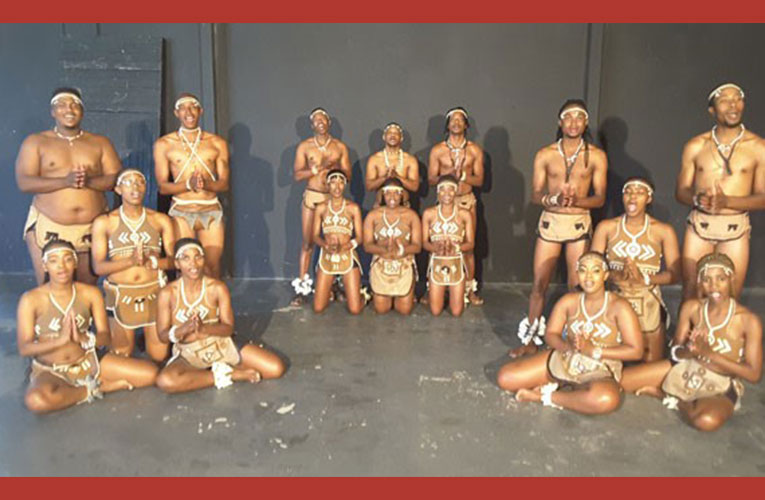Musical play Marangrang heads to Soweto Theatre this weekend
By CityLife Arts Writer
A new play by widely travelled theatre director, producer and scriptwriter Bolokwe Kenneth Bogosi is headed to Soweto Theatre this weekend, starting on Friday, February 4, running till Sunday February 6, 2022.
The play is about a war of sucession that has befallen a Monarchy in a fictitious country known as Batswanaland where the children of the decease King are at each other’s throat over who is the rightful heir to the throne.
There are of course some the smilarieties between this family feud and the current jostling for the powerful Zulu King Zwelithini’s throne by members of the royal family who felt that they were deserving of this very influential throne that comes complete with power over the 7 million South Africans under the jurisdiction of the King of amaZulu Nation who pay allegiance to the traditional leadership of the King, this is purely coincidental.
However Bolokwe’s musical play Marangrang in fact has nothing to do with the current fight over the Zulu throne by its suitors. In fact Marangrangis about about this fictitious country called Batswanaland in the Northwest of South Africa. But the circumstances that precipitated the fight over the vacant throne after the death of this fictitious King of a Tswana clan are the same as those that triggered the fight over the Zulu Kngdom, in a situation of art imitating life, or life imitating art, If you like.
But Bolokwe’s play was not inspired by what was happening within the Zulu Royal Family.
“In this play is among other scripts that I have written many years ago and kept them in my archives, and Marangrang was part of the package of these plays that I have shelved for years after writing them, including You Know What, which had a season at Soweto Theatre last year during the corona virus. You know what is about a sensitive issue in South Africa that no one wants to talk about because of the increasing number of incidents of women abuse by men in the country, and that issue is the abuse of some men by women. I am not insensitive to the increasing abuse of women by women, but as I playwright I felt that it is also important to highlight the fact that there are also some men that get abused by women, and they remain in silence. And just like Marangrang, that play is also quite prophetic as certain incidents of men being also abused by their partners have since been reported in the country, and there are in fact several such men who remain silent in the face of such abuse,” says Bolokwe.
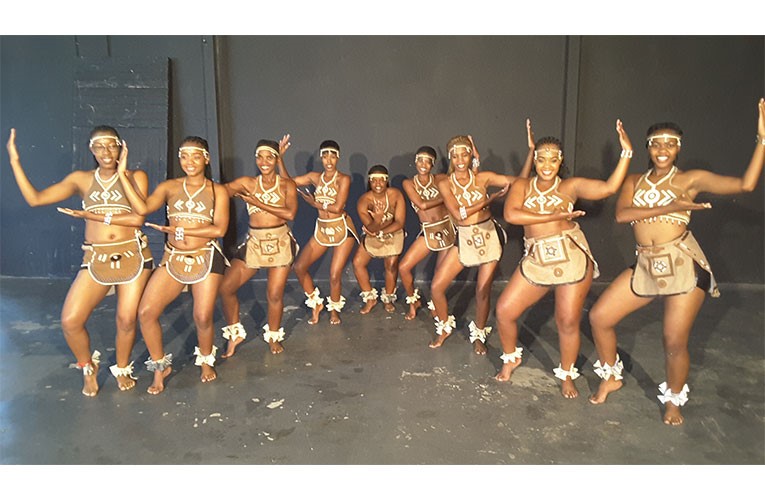
In this Kingdom represented in Marangrang indeed chaos happens in this fictitious village some donkey years ago, where a distinct African ethnic group is trying to create some form of identity, complete with leadership that is elected democratically at a communal meeting.
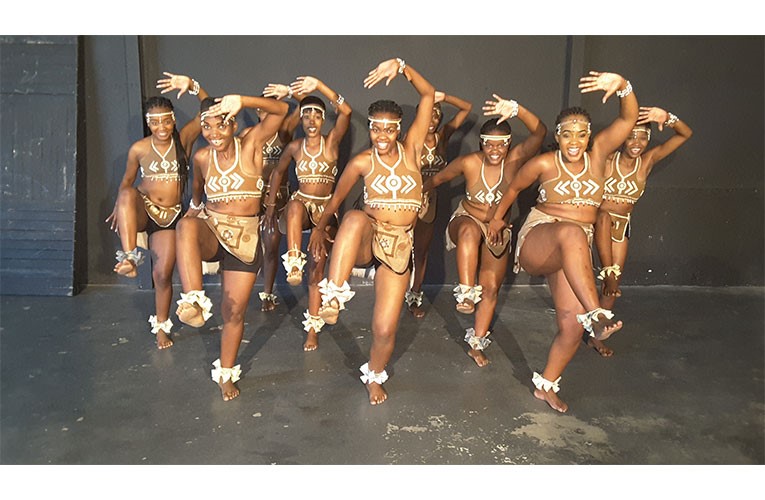
What happens here is that the Kgosi of the baTswana, after realizing that he is advanced in age, decides this is the right time to make successions plans while he is still alive. He gathers the community to get their counsel as to who among his two eligible sons should be the leader of this group of people after his death. Good move on the part of the chief, but there is one problem though, in fact many problems.
Among his nation, there is no agreement based on the nation’s consensus as to who between Marumo, whose mother is determined that he should succeed his father ahead of his half-brother, the son of the chief’s late first wife, who according to tradition of succession in this nation is the one who should take over, unless there is a serious problem with him such as suffering from mental health for example.
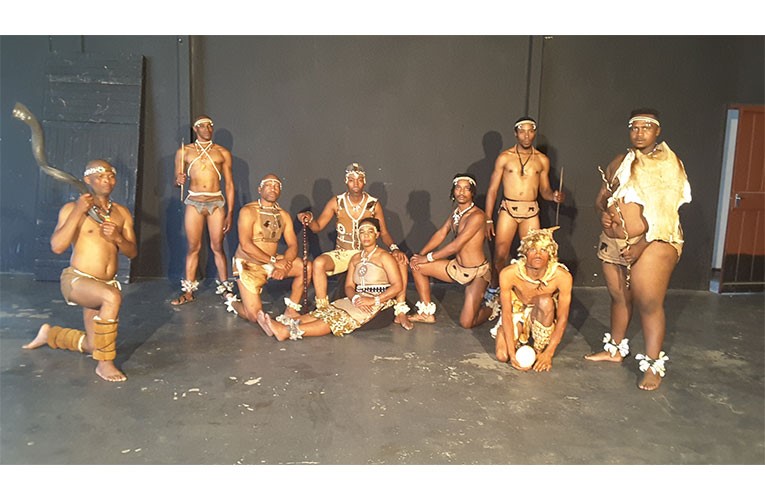
Another problem is that Marumo’s mother as the only surviving wife of the chief has so much influence with regards to the politics of succession, and she is so ambitious and determined to see to it that her son, Marumo becomes the chief and not Rantshope.
I am not going to spoil it for you to tell you the whole story as you will have to wait to watch the play at Joburg Theatre, on a date to be determined this May.
But for now let the playwright in his own words give you a bit of the gist of this interesting story of succession gone wrong that many will easily connect with in contemporary South Africa.
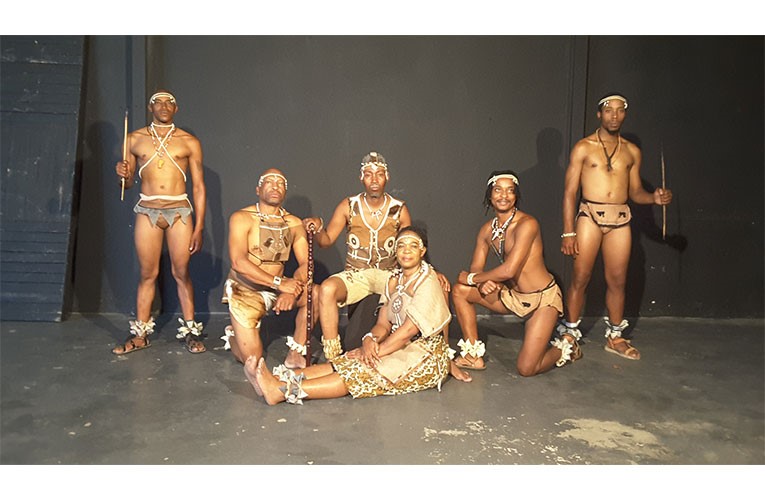
“I am a person who still believes and values traditional practices. Though there is a barrier for the love of local culture. The self hate is evident in black South Africans vas most don’t appreciate their culture and heritage. Traditional values are challenged and at worst discarded. This project aims to create a unique performance with its roots deeply embedded in local soils, accessible to people across the social spectrum. The ideal being to preserve, exhibit and promote our diverse cultures. If we allow it to be destroyed the very fabric of our society will disintegrate.
During my childhood, we had neither TVs nor access to the internet even computer games. The only source of entertainment was radio at certain times. But “maitisong” was our best as we would gather around the fire where the old men and old women kept our mouths open listening to the tales of myths, bravery of the ancient kings and wars that tore apart villages.
“All characters’ names in the play are fictitious as we don’t want to harm any individual, political parties or tribes. Though the name Bechuana will be used to identify the tribe. The name Batswana is derived from Bechuana.
The setting is in an old village of Bechuana under the regime of KgosiKgodungwe. As kings are polygamist he had two wives. Each wife bearing a boy. The first wife Tumisang, her son Rantshope was the first born of the king. While Mmadira the second wife gave birth to a second boy Marumo. Unfortunately Tumisang passed on leaving Rantshope in his early 20s.
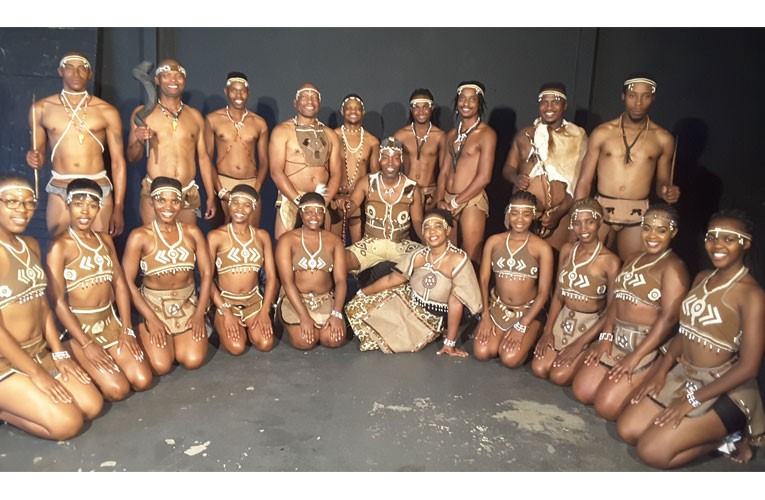
Then he was able to look after himself but under a watchful eye from his father and monitored by chieftains. But as the story unfolds it was discovered that Marumo was an adulterous child of the most trusted adviser of the King,” Bolokwe says.
Marangrang Perfoamnce Details:
Show TIMES: Friday –Saturday 8pm and Sunday 3pm
Venue: Soweto Theatre, Jabulani, Soweto.










